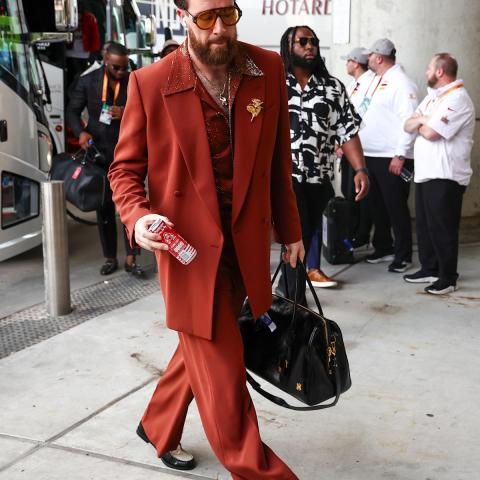Pope Francis once said we’re not just living in an era of change, but rather a change of era. Since his remarks in 2015, the world has seen rapid advancements in artificial intelligence (AI), creating both excitement and anxiety about the future.
At The Catholic University of America (CUA), they’ve decided to embrace this change by launching new degree programs in AI, set to start in the fall of 2025. These include a Bachelor and a Master of Science in AI, with special tracks in health care, robotics, ethical design, and large language models.
Aaron Dominguez, the provost at CUA, discussed these plans while attending the Builders Artificial Intelligence Forum at the Vatican in October 2024. This gathering brought together about 80 Catholics from various fields—entrepreneurs, tech experts, academics, and theologians—all focused on the role of AI in the Church and its impact on humanity.
Dominguez felt a strong push to develop these programs after hearing discussions about the integration of AI within Catholic teaching. He sees CUA’s mission as vital, saying, “We are the bishop’s university; we are the Catholic Church’s university in the United States.”
He noted that the current era feels akin to the Industrial Revolution, a turning point that reshaped society’s view of labor and humanity. Dominguez thinks that AI must be designed with a moral compass. It should encourage genuine human interactions rather than isolating users. “We need to start setting limits on what is morally acceptable in AI,” he stressed.
Research indicates that people are increasingly concerned about the ethical implications of AI. A recent survey showed that 65% of respondents believe AI could negatively impact human relationships. This reinforces Dominguez’s viewpoint that AI should enhance rather than hinder our social fabric.
CUA aims to integrate the Catholic moral tradition into its AI programs, setting them apart from other institutions. While places like MIT excel in technological advancements, they lack the extensive theological and philosophical frameworks found at CUA. Dominguez believes this unique blend is what makes their offering special.
Looking ahead, Dominguez envisions digital AI bootcamps for bishops and hopes for a collaborative effort involving voices from the Vatican. His passion for creating a responsible AI framework is clear, and he’s ready to welcome students and partners into this new era of learning.
As conversations around AI continue to unfold, it’s essential to navigate this transformative landscape thoughtfully. The fusion of AI and Catholic ethics may offer a compelling roadmap for future advancements, ensuring technology aligns with our shared humanity.
For more insights on the intersection of AI and ethics, you can check out reports from the Pew Research Center.





















